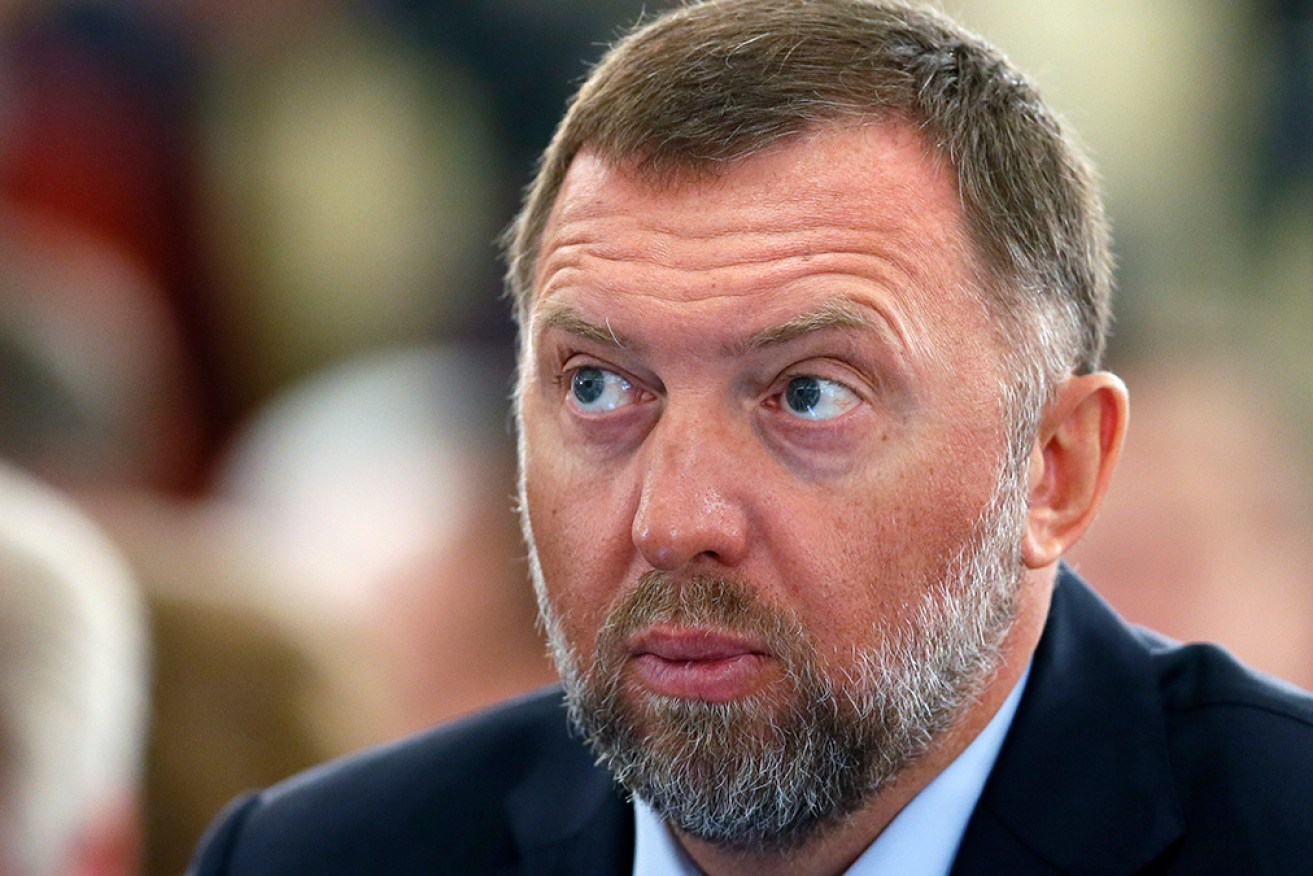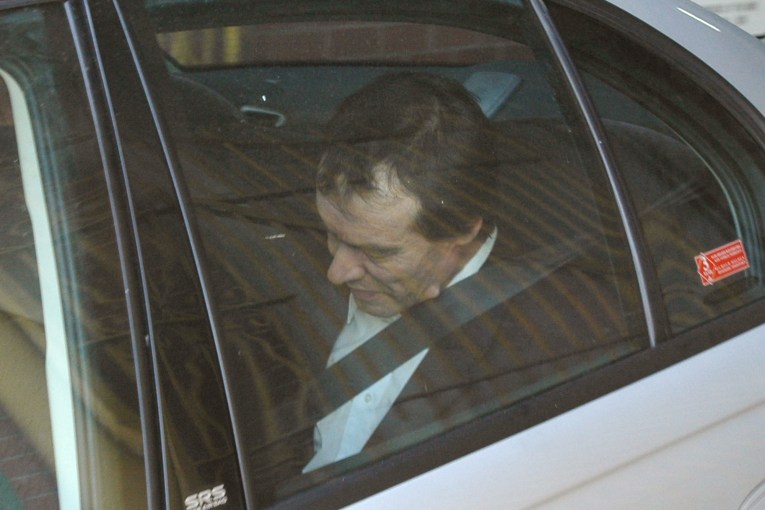Russian oligarch Oleg Deripaska in court to fight sanctions

Russian oligarch Oleg Deripaska is fighting to overturn the sanctions Australia imposed on him. Photo: EPA
A Russian oligarch banned by Australia over his alleged “close ties” to Vladimir Putin amid the invasion of Ukraine is fighting to overturn the sanctions regime.
Former foreign affairs minister Marise Payne imposed sanctions on billionaire Oleg Deripaska in March last year.
The decision stopped the industrialist from travelling to Australia or profiting from a shareholding in Rio Tinto-owned Queensland Alumina – which he was later legally frozen out of.
He’s asked the Federal Court to review and quash the decision and is represented by former attorney-general Christian Porter.
Deripaska’s case is that Payne had insufficient evidence and used irrelevant considerations to make the determination.
He claims the Australian government was swayed by other “like-minded” countries’ sanctions, a verdict in a US court case, and vague, unsourced internet “gossip”.
Porter on Monday told the Perth courtroom that discretion should have been shown to his client and Payne had failed in her duties because she was not properly advised by the Department of Foreign Affairs and Trade.
He said Deripaska had to be identified as undertaking activities that were economically significant and strategic to Russia and that wasn’t done sufficiently.
“This is a species of error, which requires something to be clearly put, which is the failure to present probative information upon which the jurisdictional threshold can be enlivened,” he said.
“In most instances, we say, it’s not even clear what is being identified.”
Court documents show Payne took numerous steps before sanctions were imposed on Deripaska.
These included signing DFAT-supplied documents saying she had considered the case against the Russian and was satisfied targeted financial sanctions and a travel ban were supported.
This was based on a “statement of case” that asserted Deripaska was a prominent businessman with “particularly close ties to President Putin”.
“Close personal ties don’t constitute a function or activity,” Porter said referring to the sanctions regulations.
Porter said Deripaska was also described as the founder of Rusal, the Russian aluminium giant, but there was nothing to indicate what the company did other “than having a 20 per cent interest in Queensland Aluminium”.
“It tells us nothing of any relationship, let alone one of significant use of Rusal to the Russian economy,” he said.
He conceded Deripaska was involved as a director in the Russian mining and energy industries but said it did not constitute a lawful basis for the sanctions to protect Australia’s national interest.
The statement of case also stated Deripaska had “not separate(d) himself from the Russian state” and that he held a diplomatic passport and represented his country to other countries.
But Porter said the claim was irrelevant and Payne would not have been able to verify it, as with the assertion Deripaska was supporting the Russian government.
“It is so broad and vague that it could not be assessed as a function or activity in terms of its … economic or strategic significance to Russia,” he said.
“The information is exceedingly bare.”
Porter rejected the proposition that Payne may have had additional knowledge about Deripaska’s activities that weren’t included in the DFAT documents.
“The idea that Australian ministers might have individualised knowledge … is attributing a level, in this instance, to ministers that in my experience doesn’t exist,” he said.
The statement also said Deripaska was the subject of sanctions in the US, Canada and UK, and that he had sued the US government over sanctions stemming from alleged election interference but the case had been dismissed for lacking merit.
“None of those we say would allow for anything that resembles a rational analysis of those things even if they are functions or activities which we say in large part they’re not,” Porter said.
The case continues.
-AAP








